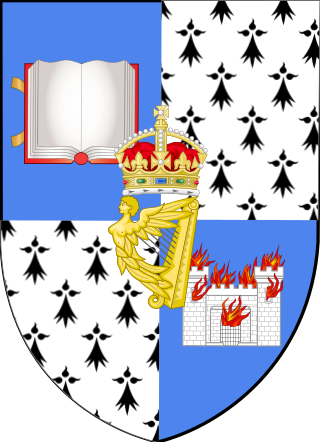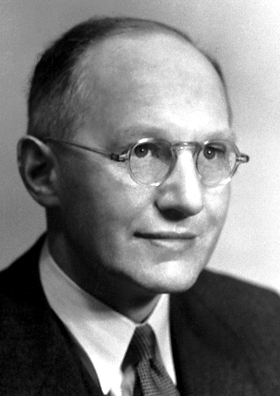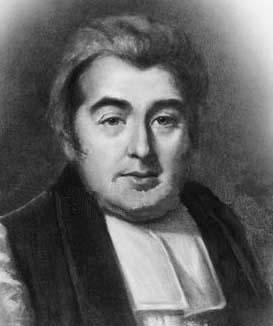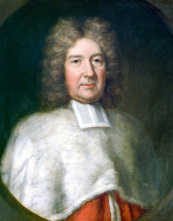Related Research Articles

Trinity College, officially The College of the Holy and Undivided Trinity of Queen Elizabeth near Dublin, is the sole constituent college of the University of Dublin, a research university in Dublin, Ireland. Queen Elizabeth I issued a royal charter for the college in 1592 as "the mother of a university" that was modelled after the collegiate universities of both Oxford and Cambridge, but unlike these affiliated institutions, only one college was ever established; as such, the designations "Trinity College" and "University of Dublin" are usually synonymous for administrative purposes.

The University of Dublin, corporately designated the Chancellor, Doctors and Masters of the University of Dublin, is a university located in Dublin, Ireland. It is the degree-awarding body for Trinity College Dublin. It was founded in 1592 when Queen Elizabeth I issued a charter for Trinity College as "the mother of a university", thereby making it Ireland's oldest operating university. It was modelled after the collegiate universities of Oxford and of Cambridge, but unlike these other ancient universities, only one college was established; as such, the designations "Trinity College" and "University of Dublin" are usually synonymous for practical purposes.

Ernest Thomas Sinton Walton was an Irish physicist and Nobel laureate who first split the atom. He is best known for his work with John Cockcroft to construct one of the earliest types of particle accelerator, the Cockcroft–Walton generator. In experiments performed at Cambridge University in the early 1930s using the generator, Walton and Cockcroft became the first team to use a particle beam to transform one element to another. According to their Nobel Prize citation: "Thus, for the first time, a nuclear transmutation was produced by means entirely under human control".

John Mortimer Brinkley was the first Royal Astronomer of Ireland and later Bishop of Cloyne. He was President of the Royal Irish Academy (1822–35), President of the Royal Astronomical Society (1831–33). He was awarded the Cunningham Medal in 1818, and the Copley Medal in 1824.
The Regius Professorships of Divinity are amongst the oldest professorships at the University of Oxford and the University of Cambridge. A third chair existed for a period at Trinity College Dublin.
Henry Morgan Dockrell was an Irish Cumann na nGaedheal and Fine Gael politician who was elected to both Dáil Éireann and Seanad Éireann.
Evelyn Perpetua Owens was an Irish Labour Party politician and trade union activist.
Roger Boyle was an Irish Protestant churchman, Bishop of Down and Connor and Bishop of Clogher.

John Kearney, D.D. (1744–1813) was an Irish academic and churchman, Provost of Trinity College, Dublin from 1799. He was the Church of Ireland Bishop of Ossory from 1806 to 1813.

William Russell Lane-Joynt, born in Limerick, was an Irish barrister, philatelist and Olympic shooter. He founded the Irish Philatelic Society in Dublin and assisted the Duke of Leinster to form his collection which was bequeathed to the Dublin Museum of Science and Art. Lane-Joynt was one of only two Irish philatelists to be honoured by signing the Roll of Distinguished Philatelists.
Evelyn Charles Hodges was an eminent Irish clergyman during the mid-20th century.
Brabazon William Disney was an Irish Dean in the middle of the 19th century.

John Sterne (1660–1745) was an Irish Church of Ireland clergyman, bishop of Dromore from 1713 and then bishop of Clogher from 1717.

'Michael Ward (1643-1681) was a 17th-century Anglican bishop and academic in Ireland.
Anthony Martin was an Anglican priest in Ireland during the first half of the 17th-century.
Robert Wilson was a 17th-century Anglican Dean in Ireland.
Robert King (1723–1787) was an 18th-century Anglican priest in Ireland.
Robert Burrowes, D.D., was an Anglican priest in Ireland during the second half of the 18th and the first half of the 19th centuries.
Anthony Cope was a seventeenth-century Irish Anglican priest.
John Browne was an Irish Anglican priest in the late seventeenth century.
References
- ↑ Fryde, E. B.; Greenway, D. E.; Porter, S.; Roy, I., eds. (1986). Handbook of British Chronology (3rd, reprinted 2003 ed.). Cambridge: Cambridge University Press. ISBN 0-521-56350-X.
- ↑ Alumni Dublinenses : a register of the students, graduates, professors and provosts of Trinity College in the University of Dublin (1593–1860) George Dames Burtchaell/Thomas Ulick Sadleir p. 269: Dublin, Alex Thom and Co, 1935
- ↑ "Fasti Ecclesiae Hibernicae: The succession of the prelates Volume 4" Cotton, H. p. 108: Dublin, Hodges & Smith, 1848–1878